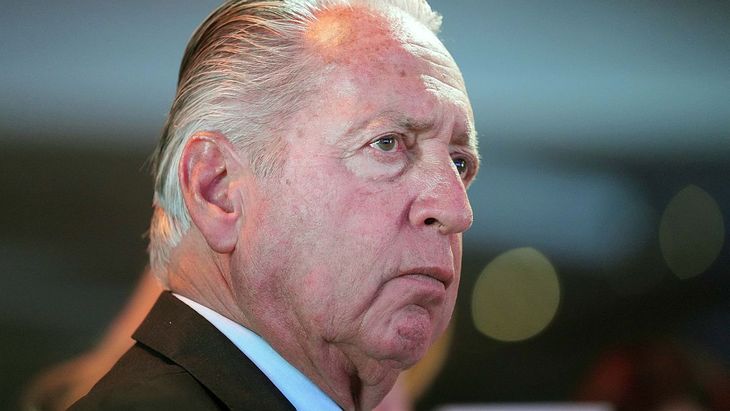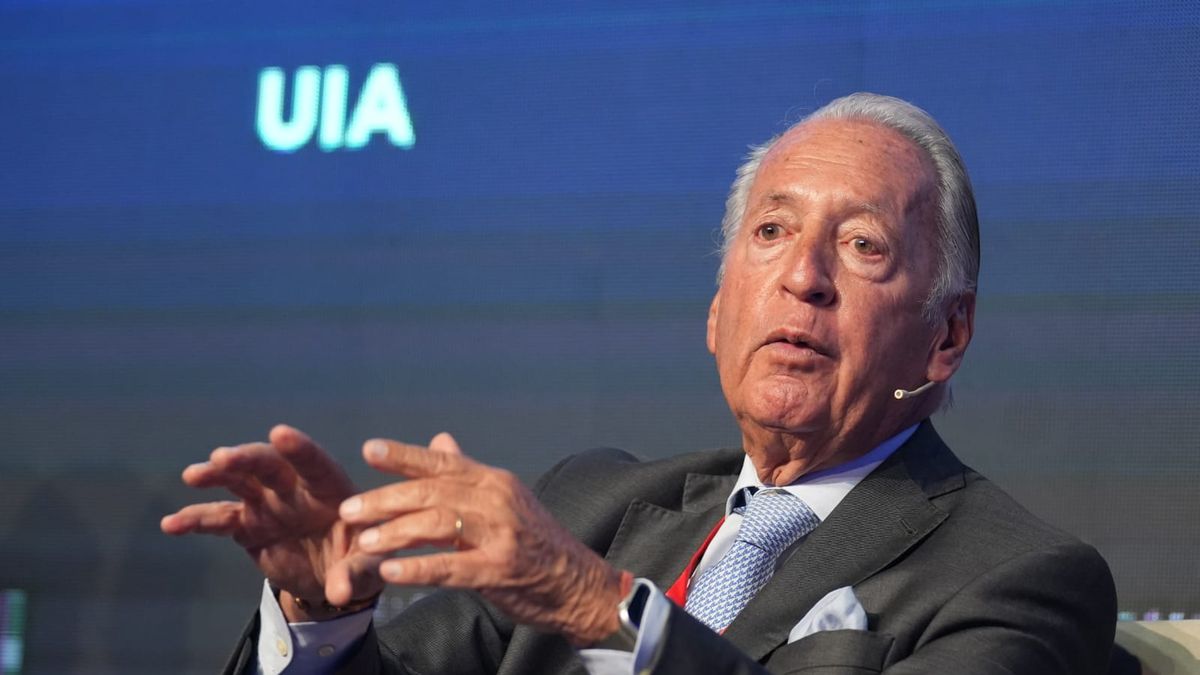Although the Argentine Industrial Union (UIA), sees the progress of the economy in a “positive” way, The manufacturing sector warned about the Argentine cost that, its leaders emphasize, constitutes an impediment to being competitive. This was stated today by the head of the entity, Daniel Funes from Rioja and the economist Diego Coatz.
At a time when official management continues to strengthen the weight, the entity’s studies indicate that “Outside the factories there are factors that negatively impact the competitiveness of the industry and its value chains.”
Among the main factors that affect the efficiency of the industry, the UIA points out:
- Macroeconomic instability: Between 2010 and 2023, Argentina had an average annual inflation of 51% and was in recession for 7 years.
- High tax pressure. That which affects the formal sector of the economy is 52% in terms of GDP.
- High logistics costs: on average, 43% higher than in Latin America.
- Lack of financing: Access to credit in Argentina represents only 6% of the product, while in the rest of the region it is close to 60%.
- Energy costs. The cost of electrical energy in Argentina is more than double that of the United States, a country with which we have a similar energy potential.
- Lack of basic infrastructure: The railway only represents 4% of the participation in freight transportation. A container from the port of Valparaíso costs US$120, in Argentina 150% more.
uia box.jpg
According to Funes de Rioja, ““Argentina needs macroeconomic stabilization, legal security” and pointed out that “We are not going to shy away from any debate that has to do with the industry.”
funes de rioja-uia.jpg

Daniel Funes de Rioja, president of the UIA: “Argentina has fiscal asymmetries and distortions.”
For his part, Coatz, an economist at the entity, stated that “it is necessary to do a cost analysis, not to protest, but to see how we make Argentina competitive and we say it at times when the industry is not doing well.” In this regard, with data as of last July, the industry registers a drop of 30,000 jobs (it employs 1.2 million people). However, Despite the drop in manufacturing activity of almost 13%, industrialists preferred to retain personnel.
In general terms, industrialists rescue several of the initiatives promoted by the Executive. The UIA has been calling for “a macroeconomic environment for development” for decades, as it noted in its 2022 white paper.
It also raises the need for a monetary policy that contributes to reducing inflation; predictable exchange policy that allows reducing exchange controls; fiscal policy: that reduces pressure and improves the quality of public spending and an income policy: that introduces the productivity of the tradable sector as an incentive and reward mechanism.
In the short term, the industrial expectation is that a law that favors SMEs will be achieved, on which the Ministry of Economy is working. They point out as positive that access to credit increases and procedures and state bureaucracy are simplified.
Another issue that worries the industry is the informality. Funes de Rioja pointed out that “It is growing, in a dizzying way.”
Source: Ambito
I am Pierce Boyd, a driven and ambitious professional working in the news industry. I have been writing for 24 Hours Worlds for over five years, specializing in sports section coverage. During my tenure at the publication, I have built an impressive portfolio of articles that has earned me a reputation as an experienced journalist and content creator.




